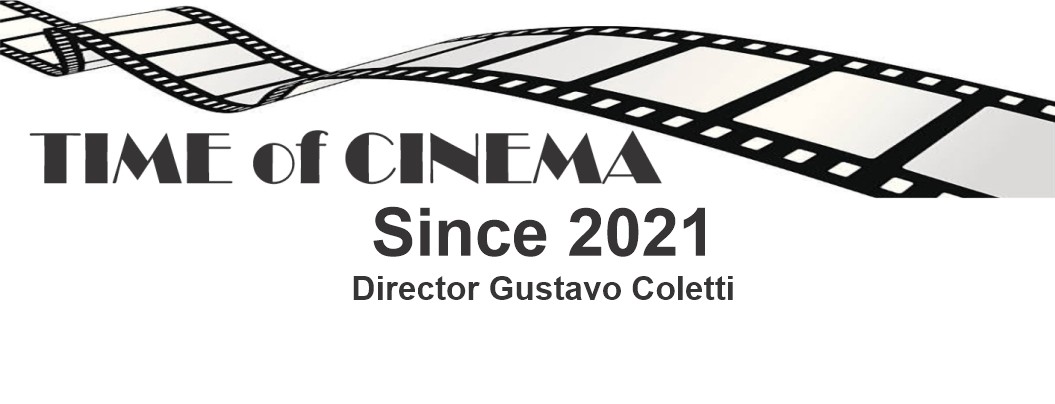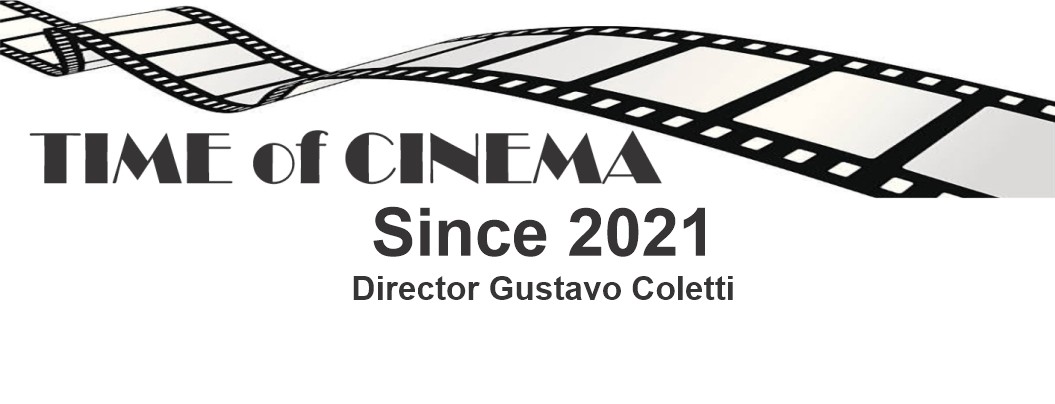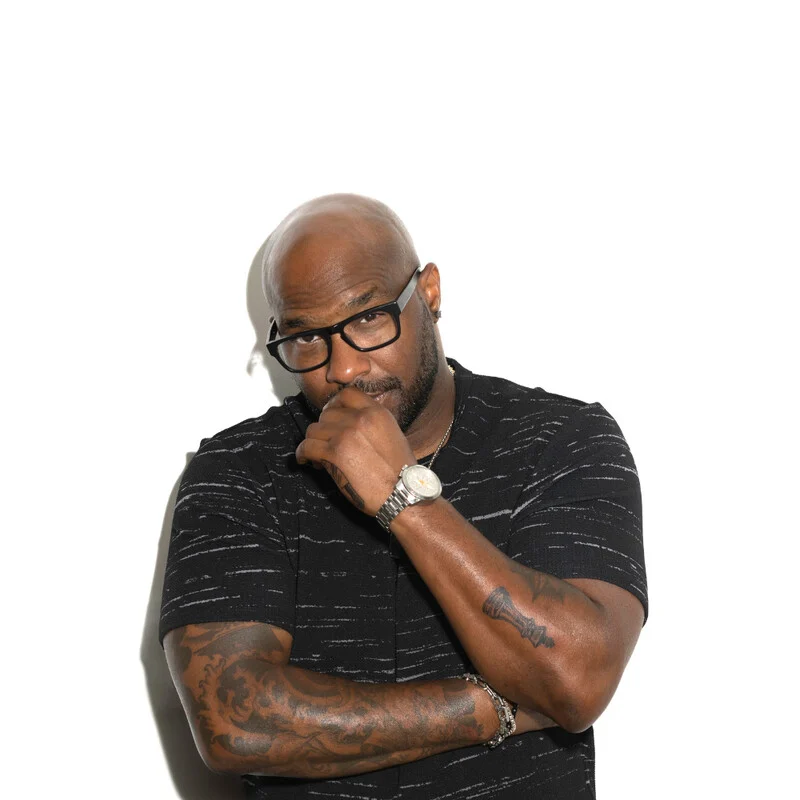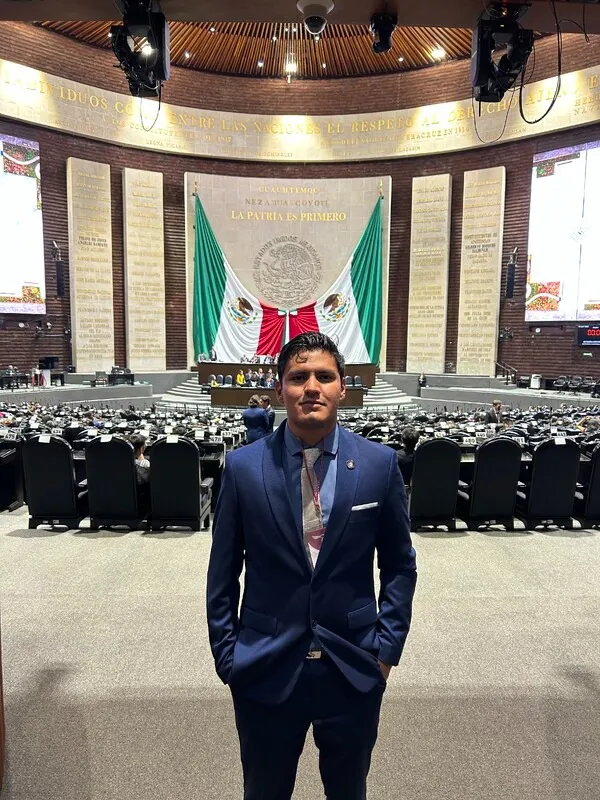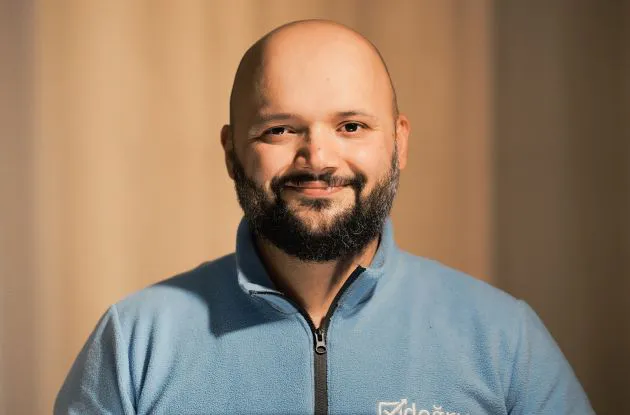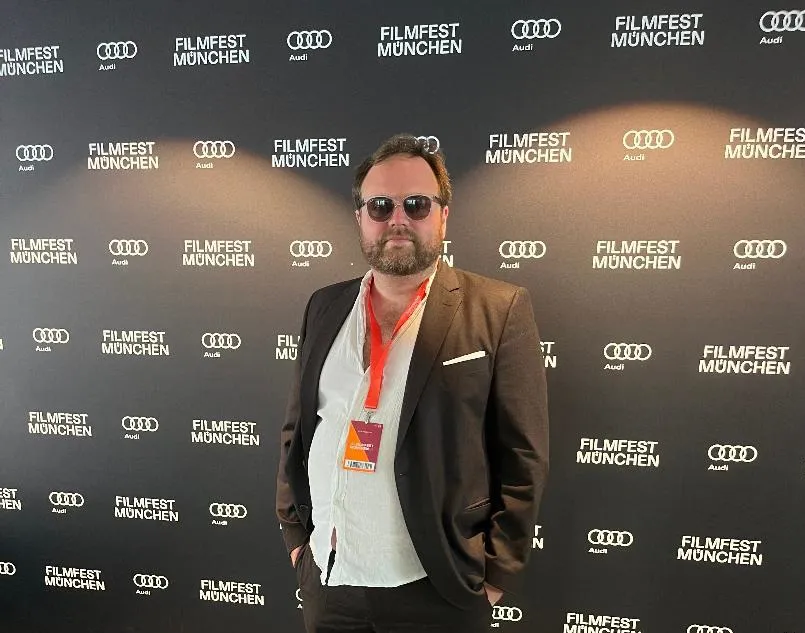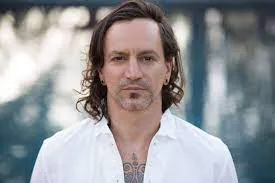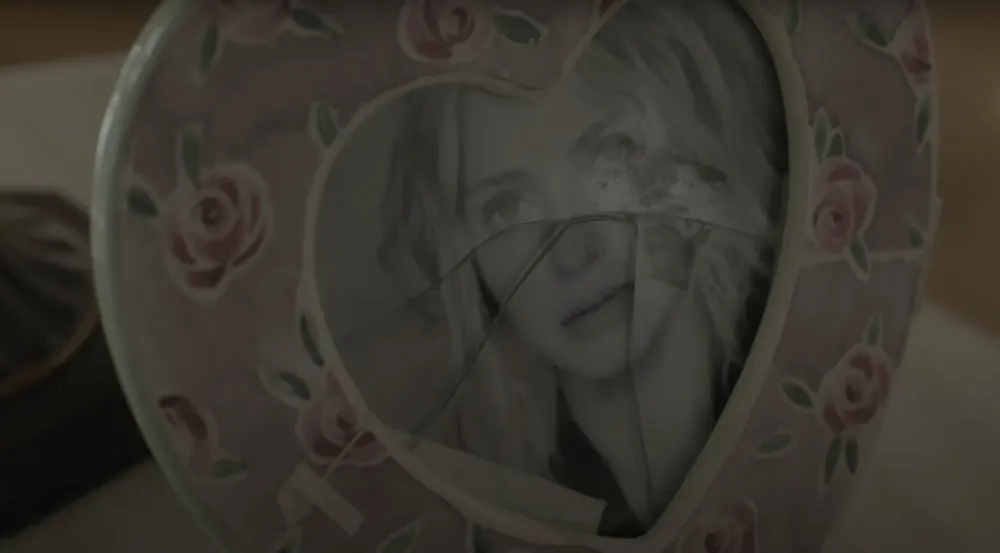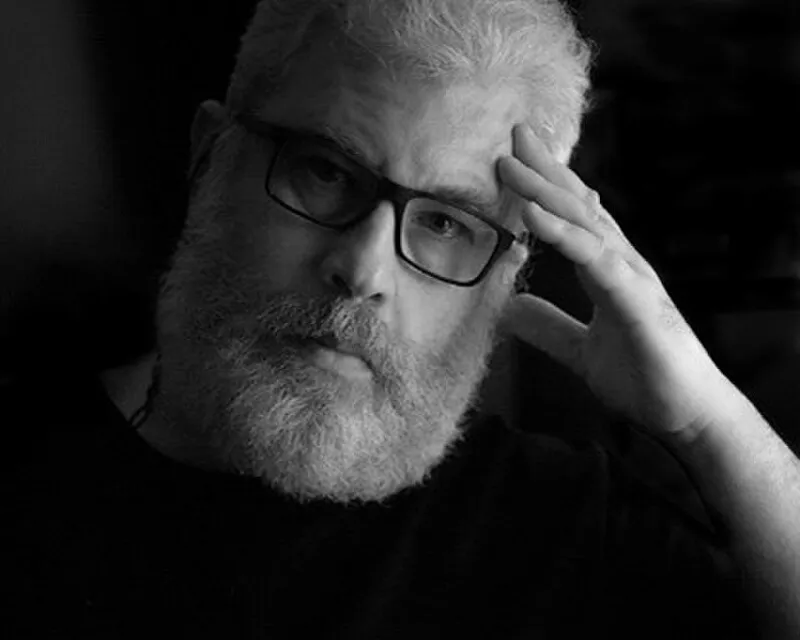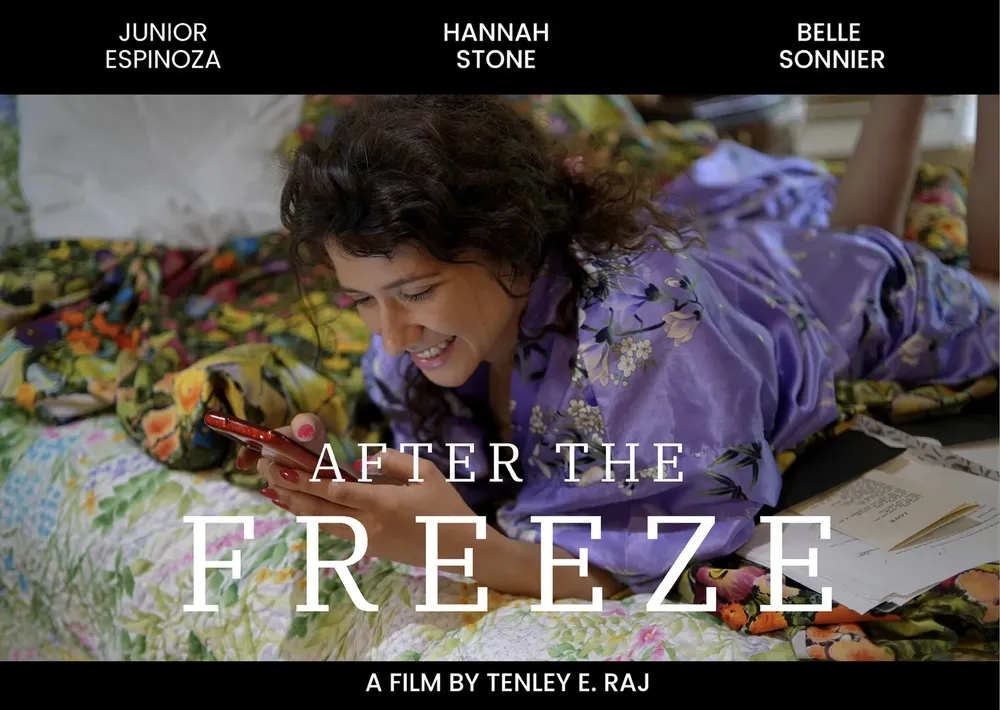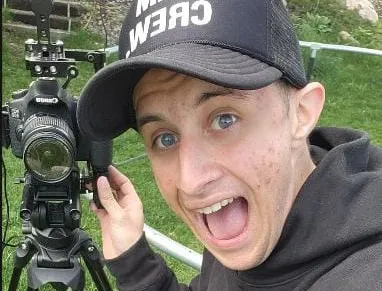
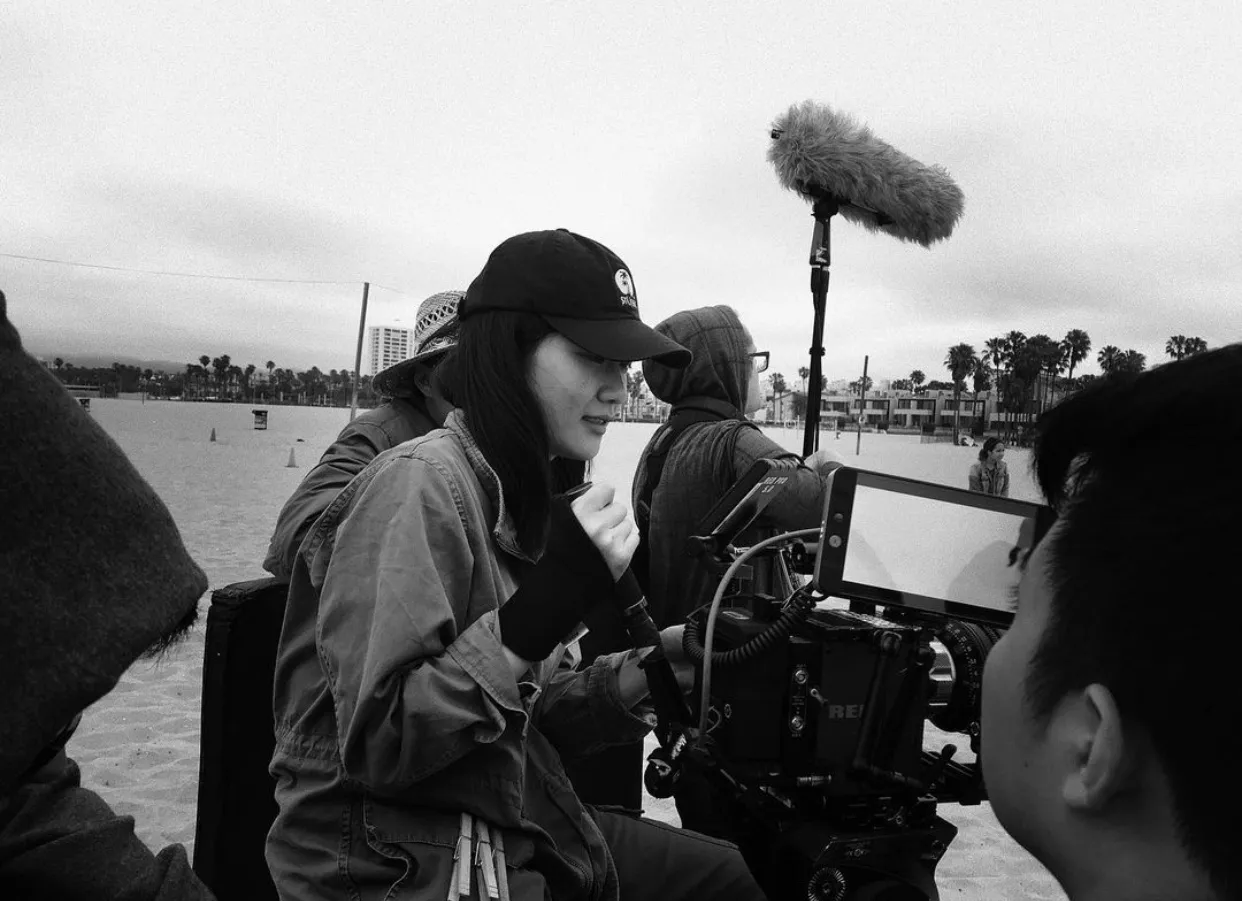
It was extraordinarily pleasant for me to interview Changyi Yu, a young filmmaker who has respect for the great masters. I knew from what I had read, of the admiration for Jean Luc Godard, and I learned during the interview of the predilection for "8 ½" by Federico Fellini. Two directors I deeply admire.
It is not usual to find in the cinema environment those who are interested in cinema as an art, rather than as a business. In one of his photos I saw a Miles Davis poster, and I already felt totally united. The film “To Planet 2000”, directed by Changyi Yu, competes in the “10th Logcinema Art Films”, in Buenos Aires, Argentina.
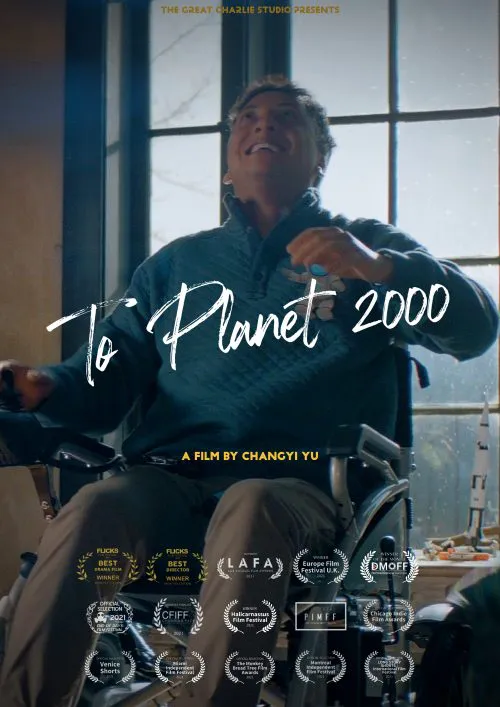
TOC - Hi Changyi Yu. We see that you have received many awards and nominations for
your films. Does recognition hit you so much?
The awards and nominations I have received signify that my films are gradually gaining
recognition. While they are not the only criteria for evaluating movies, I believe they represent a
form of acknowledgment for my work and I appreciated it. Also, I view these awards as
encouragement within my long journey in the film industry, inspiring me to keep creating new
works and reminding me not to remain stagnant.
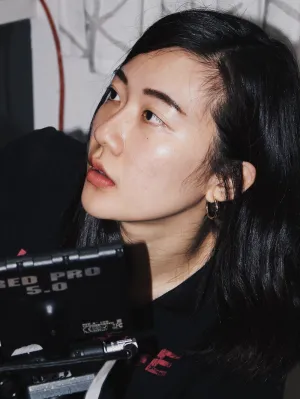
TOC - Where did you grow up and when did obvious passion for cinema begin?
I grew up in China. Since I was a kid, I have been full of enthusiasm for art. I have painted,
played the drums, and written short stories for many years, but when I discovered cinema,
everything changed. Unlike those who chose filmmaking at a young age, I decided to become
a director during a sudden sleepless night in high school. Afterward, I started watching films
like crazy and have now accumulated a watchlist of over 7,000 movies that I have seen. Then I
grabbed my camera and started shooting short films with my friends. It was at that time that I
realized my passion for cinema.
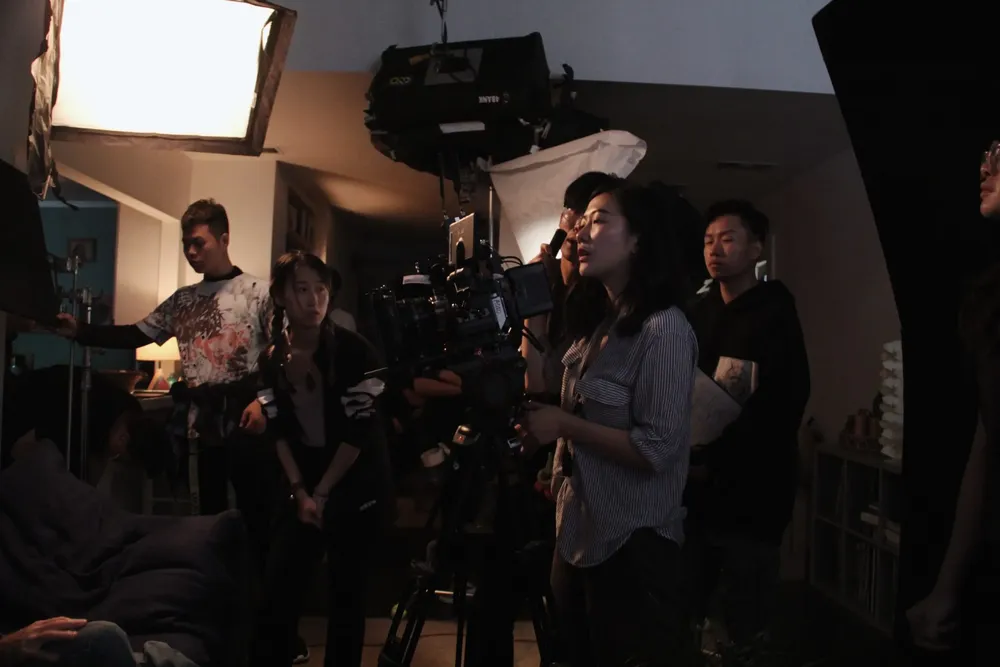
TOC - I have read excited that you like Godard and the Nouvelle Vague. Also that you like
jazz and Miles Davis. I share with you that passion. Do you like the Italian cinema of the
great masters? Fellini, Antonioni, Visconti, etc.
Certainly, I have watched a great number of Italian films and I love these masters you
mentioned. I appreciate their unique storytelling styles and artistic vision. In fact, 8½ is one of
my favorite movies. It is a highly captivating and impactful film. Additionally, during my student
years, I attempted to emulate Antonioni's Blow-Up and created a two-minute experimental
short film. For me, films from every country and era have fascinated me because they are so
different yet possess their own brilliance that transcends time and space.
TOC – Are those influences visible in your work?
Yes, the artists I admire and other art forms have a profound influence on my creative work. I
am inspired by the French New Wave and I see art as a way of expressing myself. Also, I
started creating my own stories and was largely inspired by literature. Nabokov, Faulkner,
Dostoyevsky, Haruki Murakami, and Fitzgerald are some of the great writers who influence the
scripts I write. If I hadn't secretly read these books in class, my films would be totally different.
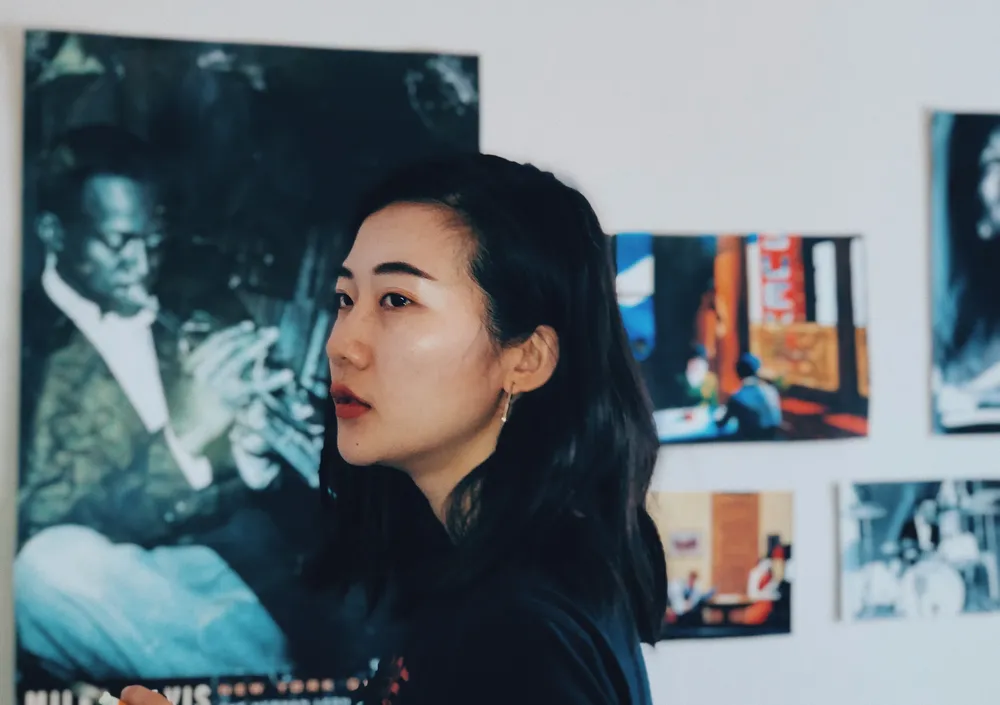
TOC - Did you study cinema or are you self-taught?
I initially started with self-learning, but later I had the opportunity to study at a film school.
Furthermore, working on film sets also provided me with valuable learning experiences. Film
schools often teach students conventional techniques, but the point is to know how to use
these. In filmmaking, I know the importance of obeying rules and breaking rules — does this
sound contradictory? Actually not. Most people are always thinking about how to break the
rules and create something unique, but they often don’t know the importance of the rules. I
believe that we can skillfully play around with the rules only under the premise of clear control
of the rules.
And when I came to LA, I discovered another passion within the realm of cinema:
cinematography and lighting. While storytelling is the most crucial aspect of filmmaking,
cinematography plays an indispensable role. Rather than capturing unnecessary flashy shots, I
prefer to use the camera as a tool to delve into the deeper meaning of a story. I think as a
filmmaker, it is essential to continuously learn various skills that help in the process of creating
a film.
TOC - Is there any common denominator in your movies.
Since Godard is my favorite director, I appreciate unconventional filming techniques and
narrative style. However, I also value the logic of the story and the believability of character
development. I hope my stories reflect my thoughts and philosophies, and I enjoy exploring the
relationships between individuals as well as the relationship between the individual and the
world.
TOC - Are you interested in cinema as a business, as art, or some form of activism?
No one can really define cinema. Is it dizzying visuals and sounds that people would like to pay
for? Is it a touching story or performance that brings people to tears? Promotional tool?
Political instrument? Throughout history, cinema, and even art, have been constantly shaped
and utilized. It can certainly serve as a tool for making money, but it can also be a form of
expression. However, despite everything, it still exists and captivates the hearts of countless
individuals. For me, I think as long as I can tell my own story well, it is enough.
TOC - What was the job that gave you the most satisfaction?
Witnessing the birth of a film gradually during the process of filmmaking is the most joyful
experience. It is highly likely that throughout ninety percent of the creative journey, you may
feel immense pain and even question your own talent. However, in that fleeting moment when
inspiration erupts and your ideas come to life on the screen, it is more than enough.
TOC – Tell me how you finance your movies
As an independent filmmaker, it is indeed crucial to invest in your own films. Also, participating
in film festival funding programs can also be a good way.
TOC - What are you working on right now?
I'm currently working on several projects as a cinematographer.
TOC - Do you have a feature film project?
Yes. I am currently writing a feature script about an Asian trumpet player.
TOC - What are your goals in cinema?
Creating my own unique story and making it visible to a wider audience. From the inception of
cinema until now, there have been numerous great and enchanting artists who have created
their own stories. And I am also curious about the future of cinema. It'll be a great honor if I
could be a part of this artistic feast.
